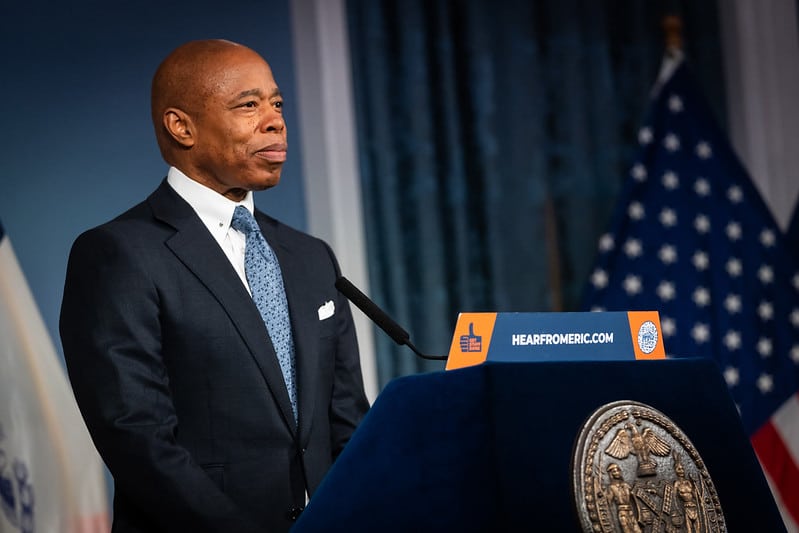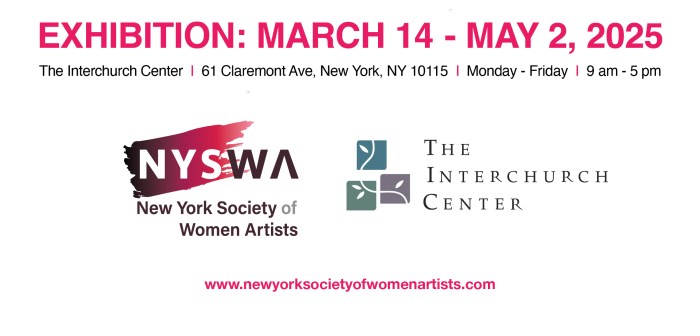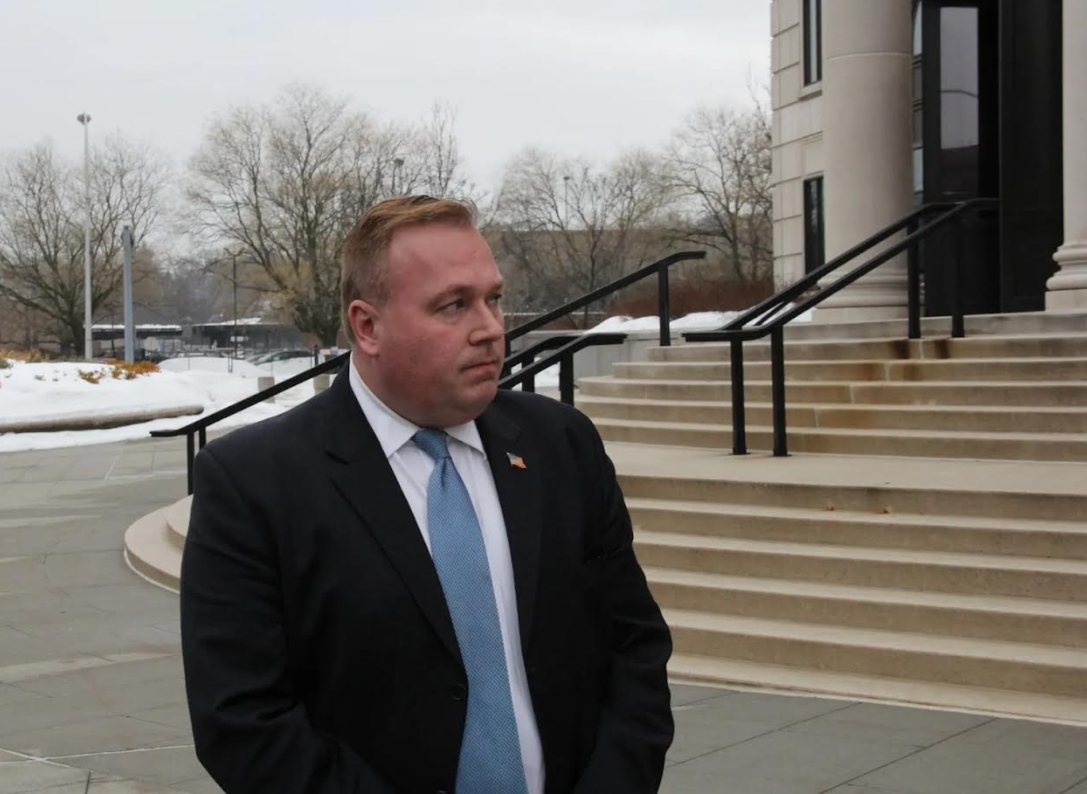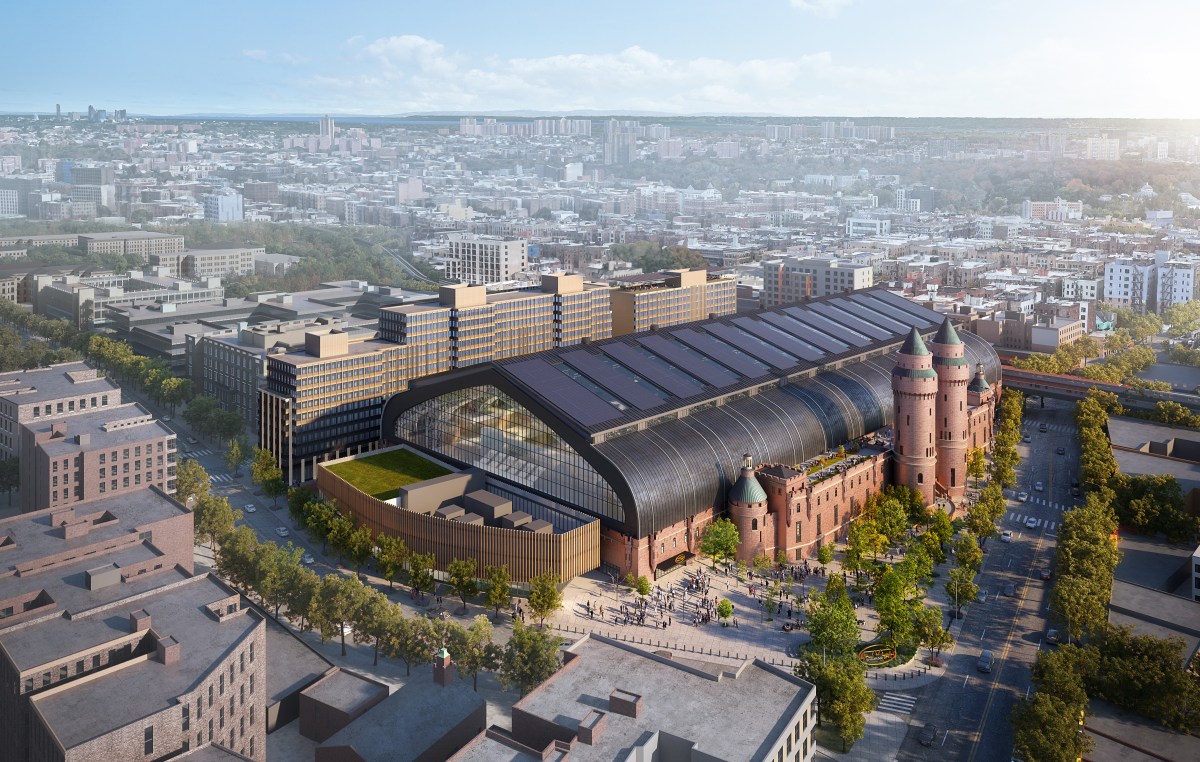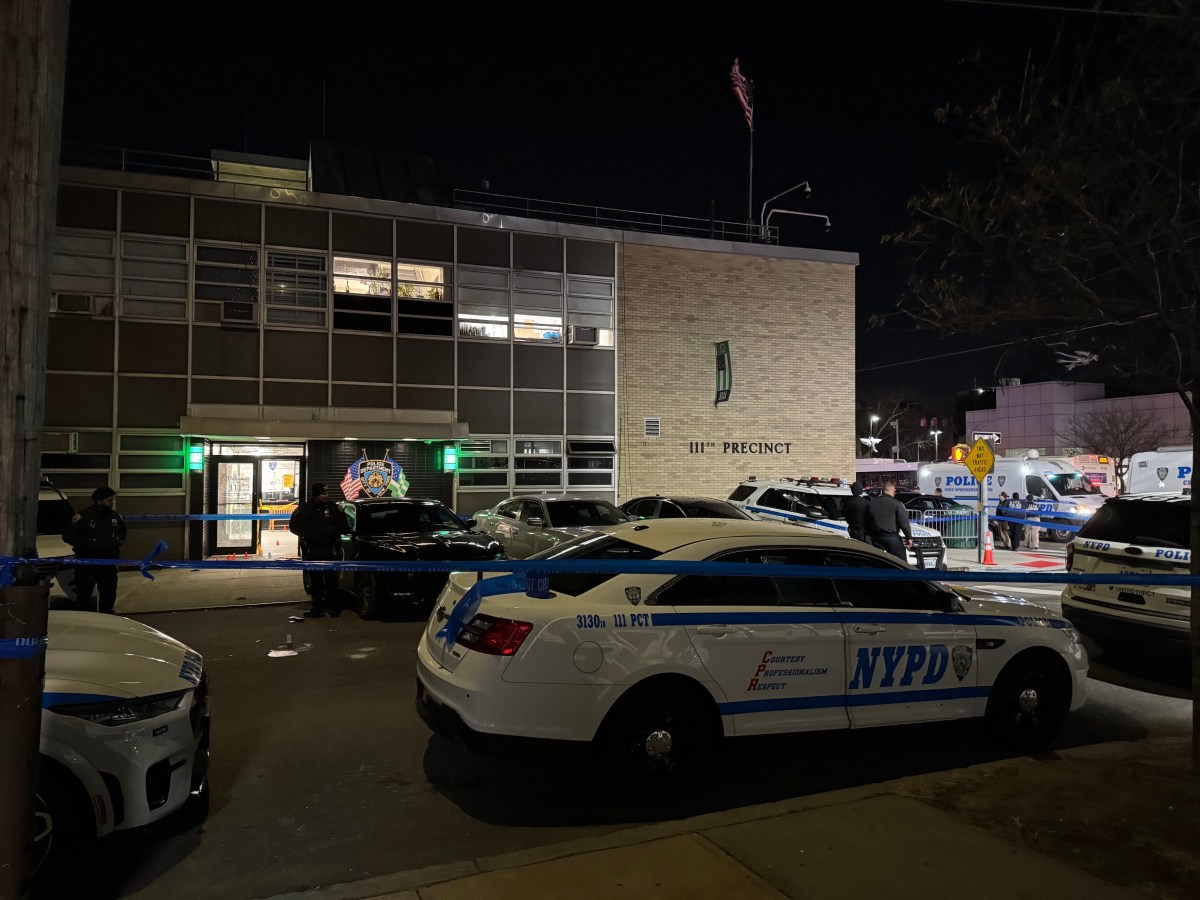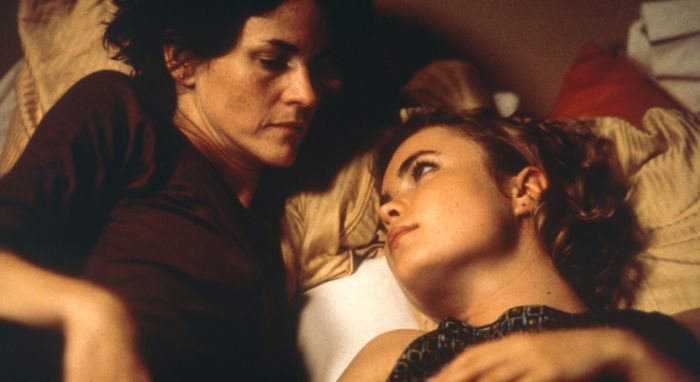When we came into office, we had a clear mission: protect public safety, rebuild our economy as quickly as possible, and make our city more livable for everyday New Yorkers. The key to livability is affordable housing. It is the bedrock on which New Yorkers can build a family, build a life, or simply continue to live in the city they love. But there is currently not enough affordable housing to meet our city’s needs.
The New York City Department of Housing Preservation and Development’s 2023 Housing and Vacancy Survey showed that our city has a vacancy rate of 1.4 percent, the lowest this measurement has been since 1968. The only way to create more rental availability and lower prices is to build more housing. To build more affordable housing, we must think creatively and bring every partner to the table. No partner has been more willing to answer the call than our faith-based organizations. They have been on the frontline of every crisis — from the COVID-19 pandemic to the asylum seeker crisis. Houses of worships have always opened their doors to those most in need. Now, they want to lend a helping hand in creating critically-needed affordable housing. However, because of outdated and antiquated zoning laws that go back generations, houses of worship have been told ‘no.’ But those days are over.
Our city must stop saying ‘no,’ and instead say ‘yes’: ‘yes’ to housing in God’s backyard. Under our ‘City of Yes’ plan — the most pro-housing plan in our city’s history — we are using every tool at our disposal to build a little more housing in every neighborhood, including doing away with outdated zoning rules that prevent us from developing the housing we desperately need. This means giving our houses of worship the flexibility to build homes on their campuses, permitting the creation of much-needed three-to-five story buildings on large lots owned by faith-based organizations, and allowing landmarked houses of worship to permit unused land on their sites to be used for development.
These changes to our zoning rules will help faith-based groups generate revenue, add more affordable housing across the five boroughs, and develop new resources and facilities for congregations at a moment when some are struggling to make ends meet. The changes will support both everyday New Yorkers who need affordable homes as well as our communities of faith. This April, our ‘City of Yes for Housing Opportunity’ plan will enter public review and the City Council will vote on it by end of the year.
While we are doing everything we can on a city level with our ‘City of Yes’ plan, we also need the state to act. At this moment, state leaders are negotiating a budget deal in Albany. We need their deal to include a new incentive for affordable housing construction and a tax incentive for office to residential conversions. We also need the state to repeal the outdated FAR Cap, which will allow us to add more housing in residential neighborhoods, and to give New York City the power to legalize existing basement apartments so that they can meet health and safety standards. Finally, we need Albany to pass the Faith Based Affordable Housing Act, which says ‘yes’ to building affordable housing on the properties of faith institutions.
This fight is personal for me. I know what feels like to live without the security of housing because I grew up on the edge of homelessness. My siblings and I had to carry trash bags full of clothes to school because we didn’t know where we would sleep the next night. That is no way to live.
And it’s no way to live for countless New Yorkers who want to continue to live in the city they love so much. Dr. Martin Luther King, Jr. knew that affordable housing was critical to our country’s future, and we know today that it is critical for the future of our city. It was Dr. King who called out discriminatory practices by landlords and realtors that kept Black Americans out of certain neighborhoods. And it was Dr. King who advocated for the Fair Housing Act, the landmark legislation that was finally passed by Congress the week after he was assassinated.
But his life’s work did not end with that bullet. We are continuing to fight for it today so that all New Yorkers can live with the dignity, security, and peace of mind that they deserve.



